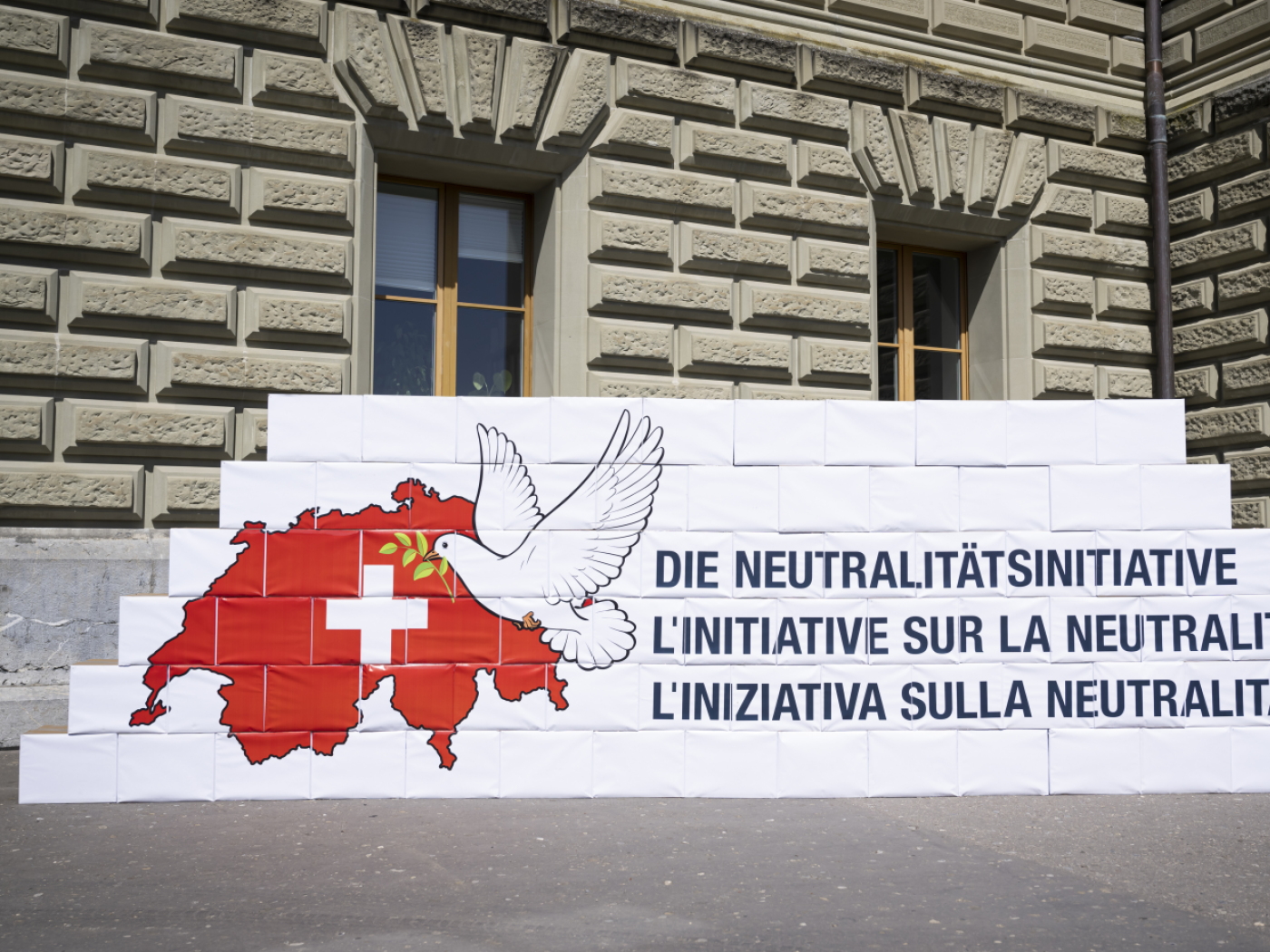
Majority backs ban on tobacco advertising, poll finds
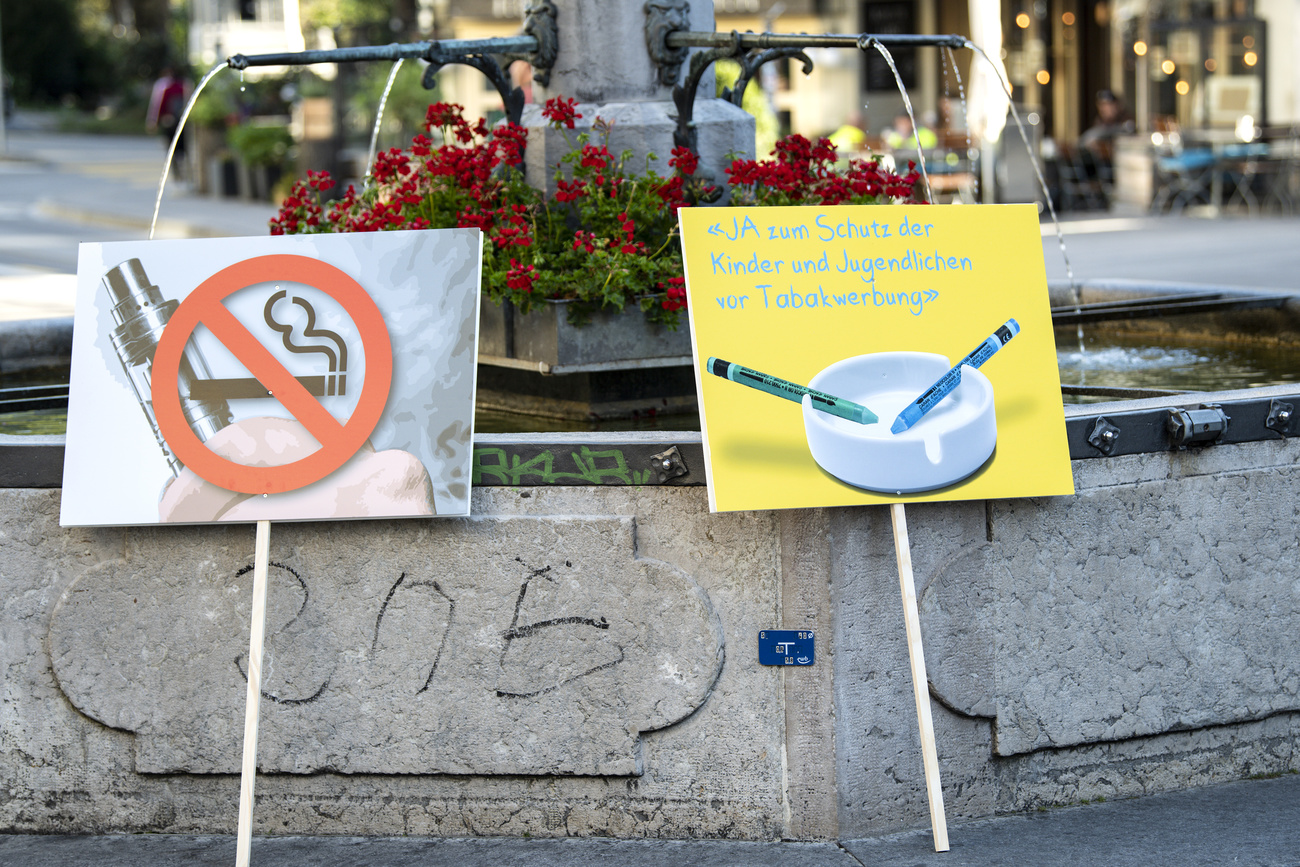
A proposal aimed at banning tobacco adverts targeting young people has strong support less than two months before Swiss voters have the final say.
If this trend is confirmed in the nationwide vote on February 13, the government and parliament – which are against the ban – could suffer another defeat at the ballot box.
The poll doesn’t promise smooth sailing for the authorities when it comes to two other issues on the ballot sheet either. A law aimed at boosting state subsidies for the media and a proposal to scrap stamp duty on company shares are both under pressure according to an opinion poll commissioned by the Swiss Broadcasting Corporation – SWI swissinfo.ch’s parent company.
Supporters of a partial ban on advertising for tobacco products currently have a 48-percentage point lead, defying recommendations by the government, parliament, the business community and parties to the right.
Lukas Golder, political scientist and co-director of the GfS Bern research instituteExternal link which carried out the poll, says opponents could have a hard time trying to make women voters change their minds.
“It seems to be a rather comfortable situation for the anti-tobacco campaigners unless the opponents succeed in winning support from the centrist party grassroots and voters without a clear political affiliation.”
According to the pollster, opponents of the ban haven’t done much to argue in favour of a less strict legal amendment approved by parliament as an alternative option.
“The opponents haven’t been very visible,” Golder says. Still, he cautions that a proposal for an all-out ban on smoking in public places also got off to a flying start in opinion polls but was eventually shot down by voters ten years ago.
More
Animal testing
The survey, which was published on Friday, found that an initiative seeking an all-out ban on animal testing stands little chance of winning a majority of voters.
“Citizens appear to have made up their opinions already and the general feeling seems to be that Swiss legislation is sufficient to protect animal rights,” says Holder.
According to him, the survey found support in principle, notably among female respondents, for research projects which do not cause harm to animals or humans but not for the concrete measures.
Given the unanimous opposition from all political parties during the debates on the initiative in parliament, the proposal is very unlikely to convince a majority of voters, according to Golder.
Right vs left
Two parliamentary decisions – one challenged by the political right and the other one by the left – are also awaiting a verdict by Swiss voters.
A law aimed at boosting state subsidies for the media is likely to dominate the campaigns ahead of February 13, according to pollsters.
For the moment support, mainly from the left, and opponents from the right are running neck-and-neck.
“It is typically an issue of confidence in the government,” says political scientist Martina Mousson of GfS Bern.
According to her, there are notable differences between respondents in the majority German-speaking part of the country, which appears to be more critical of the law, and citizens in the French-speaking region.
Opinions are divided, with supporters arguing strong media are essential for a functioning direct democratic system in Switzerland. Opponents warn of state intervention in the free market and of media kept alive but on a leash by state funding.
Surprise
The biggest surprise findings for the pollsters are the relatively poor figures for parliament’s decision to ease the tax burden for companies by scrapping a levy on new capital investments, known as stamp duty.
Contested by the political left, chances of the law winning a majority seem compromised for the time being.
“It’s not a particularly good omen for the authorities if opponents have a head start in a referendum campaign,” says Mousson. But all is not lost, she adds, and much will depend on the dynamics in the coming weeks.
She says the second poll, due to be published at the beginning of February, will allow more precise analysis.
As it stands now, there is a certain risk that the government could lose three out of four votes.
Also taking into account above-average turnout, Swiss politics could face a bit of a sea change, she says.
“The 2019 parliamentary elections saw the Greens and women as the main winners. There may well be a backlash now.”
Her colleague Golder adds that the Covid pandemic is leaving its mark on Swiss politics. “It shows the public mood has changed if typical compromise solutions by parliament are increasingly rejected by voters.”
Pollsters interviewed 10,206 Swiss citizens from all language regions across the country and among the expatriate Swiss community for the first of two nationwide surveys.
The survey is based on online responses as well as telephone interviews, both with fixed line and mobile phone users, and was carried out from December 17 to January 3.
The margin of error is 2.8%.
The poll was commissioned by the Swiss Broadcasting Corporation (SBC) – SWI swissinfo.ch’s parent company – and carried out by the GfS Bern research institute.

In compliance with the JTI standards
More: SWI swissinfo.ch certified by the Journalism Trust Initiative








































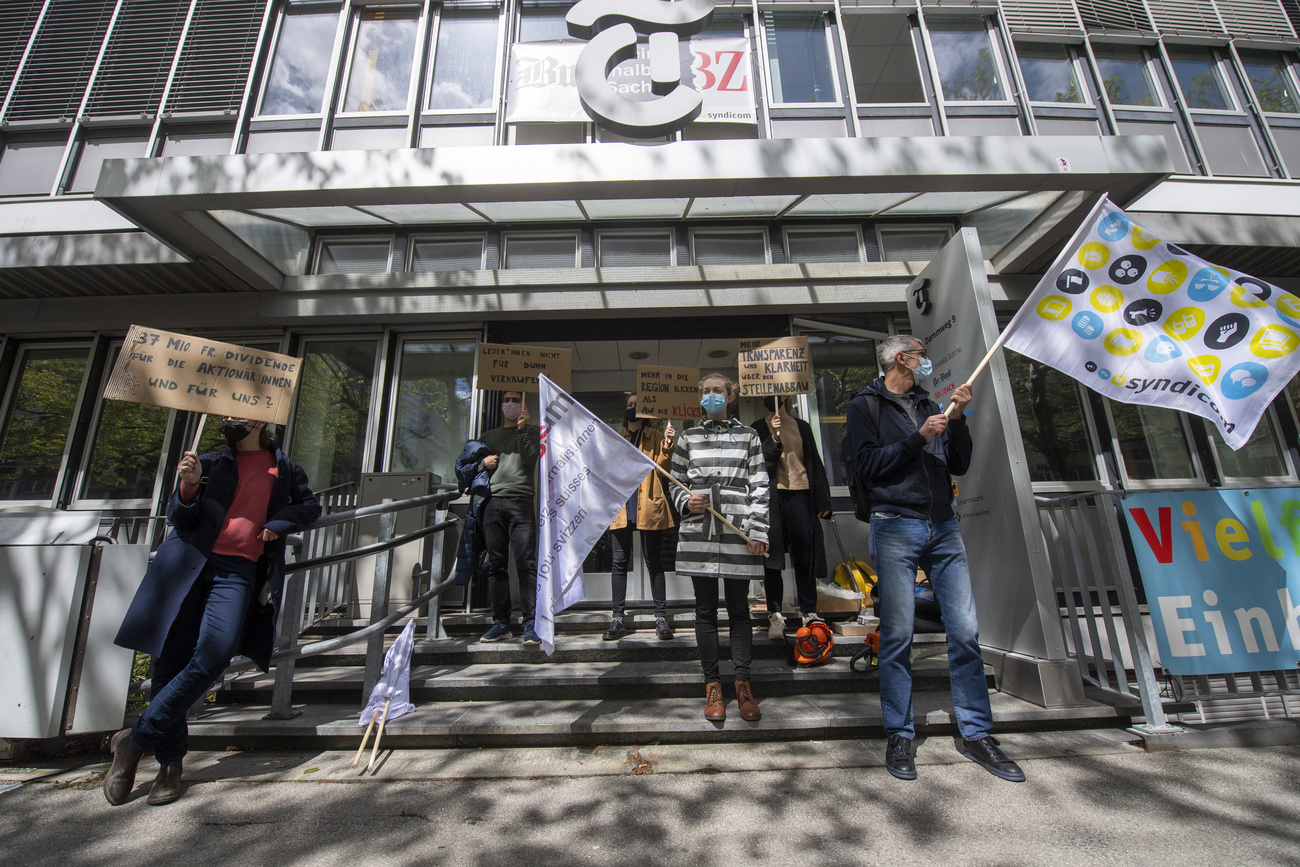

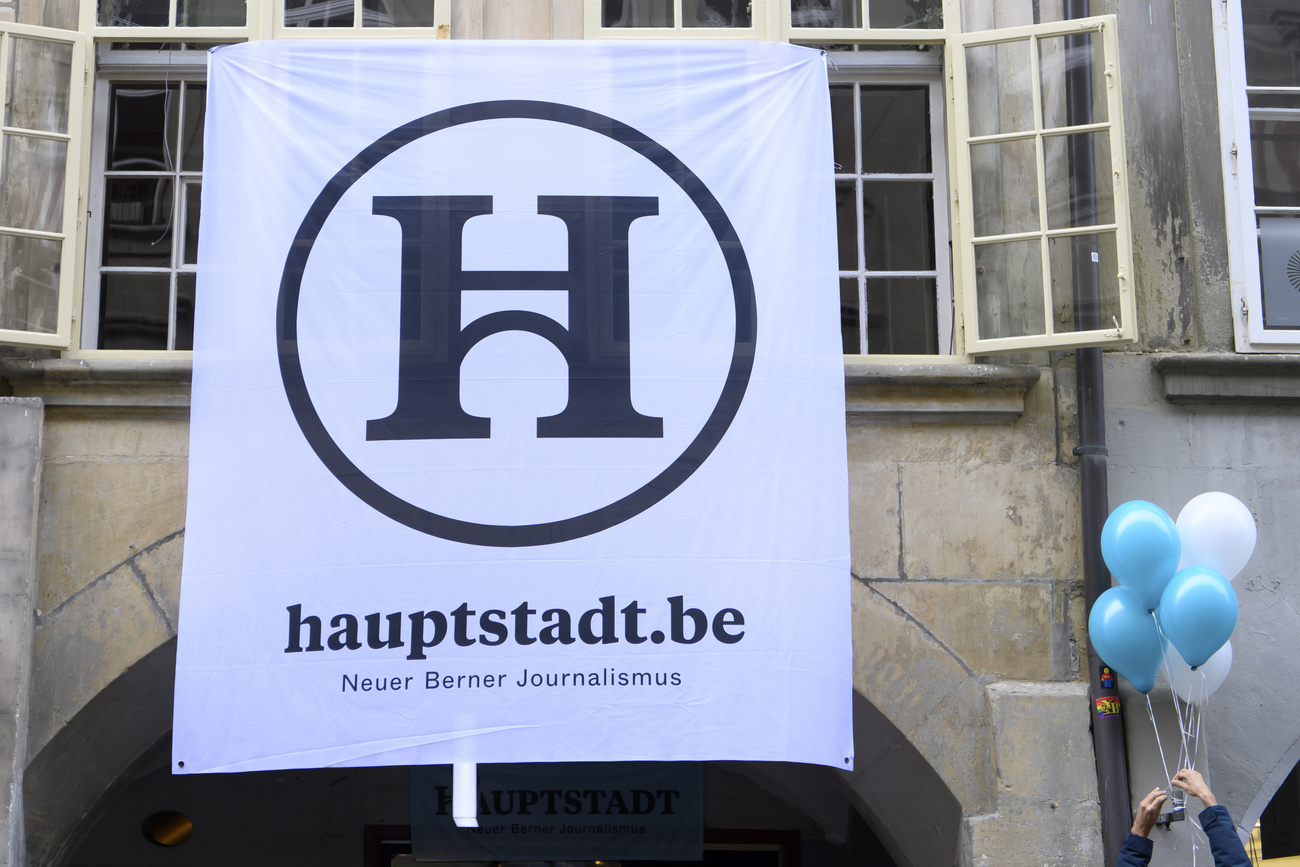
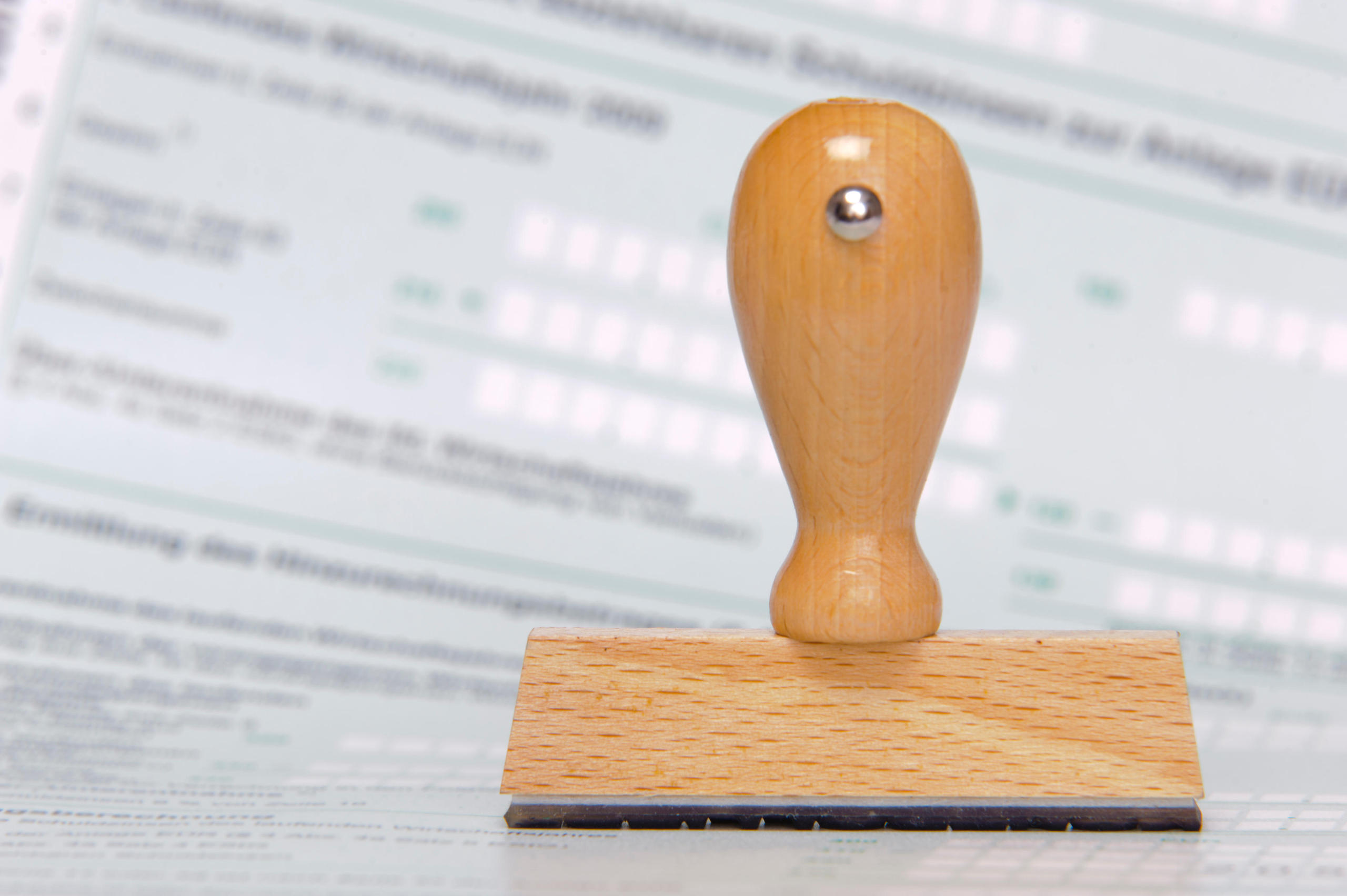
You can find an overview of ongoing debates with our journalists here . Please join us!
If you want to start a conversation about a topic raised in this article or want to report factual errors, email us at english@swissinfo.ch.